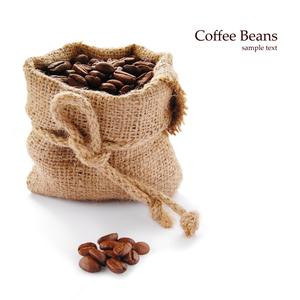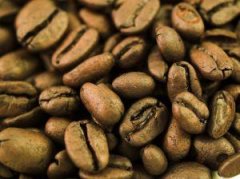Don't use stagnant water to make coffee.

Nowadays, many friends like to make coffee at home, especially when they get together with good friends. But how can you make a delicious cup of coffee at home?
You know, more than 98% of a cup of coffee is moisture, so water is a very important element here. Many friends use distilled water or pure water to make coffee. They think that if the water is free of impurities, it will definitely bring out the real taste of coffee, and it will certainly be better than tap water. Let us talk about tap water first. generally speaking, for example, lime is used to neutralize rain acid in water treatment plants in Hong Kong. strictly speaking, the proportion of lime exported to drinking water has been reduced to the minimum, but the original material is a substance containing lime and magnesium. in addition, the water pipes hidden underground may have been used for many years and may even be rusty, and the mixing of these chemicals will cause great damage to coffee. Will it be useful to install some cotton or charcoal filters at home? The effect may be better, because the cotton core can absorb the impurities in the water, while the charcoal core will remove the smell. Friends who really know coffee know that no matter using distilled water or pure water to make coffee, that cup of coffee will not have life. I call those water "stagnant water" because it is like drinking air.
In fact, it is not good to use too hard or too soft water to make coffee, the water had better be soft and hard, and had better contain low mineral substance. So how can you make the water soft and hard at home? In addition to installing filters, use water softeners as well. Because the negative ions in the water softener can decompose the lime and magnesium in the water and neutralize the water quality.
Some friends misunderstand the need to use boiling water (100 ℃) when brewing coffee, because the Chinese say "boiling tea is beautiful", but it turns out that the best temperature for brewing coffee is 88 ℃ to 94 ℃, which refers to the contact temperature between water and coffee powder, because boiling water will only destroy the original taste of coffee, it will release coffee bitter substances, excessive alkalinity and even excessive tannins, and so on. In the process of brewing coffee, the contact between water and coffee is only a few minutes, depending on the grinding of the beans and the utensils used to make coffee, so do not soak the coffee in hot water for too long, especially the finely ground coffee, because the more finely ground the coffee powder, the more it will accelerate the contact range of the coffee in the water and volatilize the taste of the coffee powder.
Important Notice :
前街咖啡 FrontStreet Coffee has moved to new addredd:
FrontStreet Coffee Address: 315,Donghua East Road,GuangZhou
Tel:020 38364473
- Prev

The cooking method of siphon pot is also known as plug air pot and real pot.
Siphon (siphon) coffee pot, also known as plug air pot, real pot, uses the principle of siphon to make coffee. The cooking process is full of experimental drama, and the conditioning process is simple, but the boiled coffee has a special mellow degree and aroma, which can not be compared with the ground coffee brewed by machine. This method is especially suitable for tasting non-heavily roasted coffee. Step: 1Step to rainbow
- Next

Six famous coffee beans in the world [photos]
Mocha Coffee Origin: Ethiopia Features: high quality coffee, slightly lubricated acid to strong acid, sweet taste moderate. Drinking method: mostly single drink, can also be mixed coffee. Blue Mountain Coffee Origin: Jamaica, the Blue Mountain surrounded by the Caribbean Sea, above 1525 meters above sea level. Features: coffee in the best, very little yield. Flavor rich and mellow, with sweet, no bitter
Related
- Beginners will see the "Coffee pull flower" guide!
- What is the difference between ice blog purified milk and ordinary milk coffee?
- Why is the Philippines the largest producer of crops in Liberia?
- For coffee extraction, should the fine powder be retained?
- How does extracted espresso fill pressed powder? How much strength does it take to press the powder?
- How to make jasmine cold extract coffee? Is the jasmine + latte good?
- Will this little toy really make the coffee taste better? How does Lily Drip affect coffee extraction?
- Will the action of slapping the filter cup also affect coffee extraction?
- What's the difference between powder-to-water ratio and powder-to-liquid ratio?
- What is the Ethiopian local species? What does it have to do with Heirloom native species?

